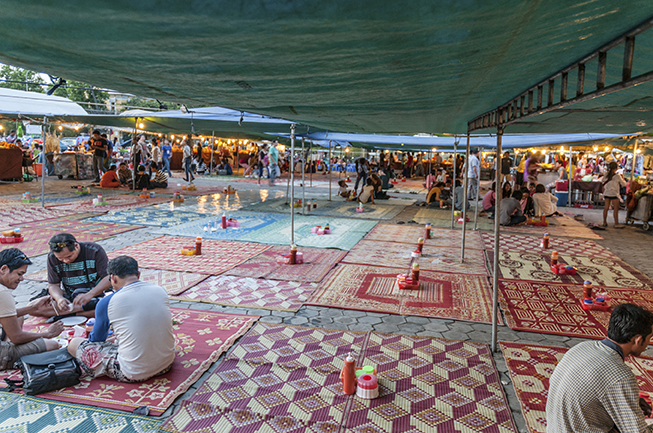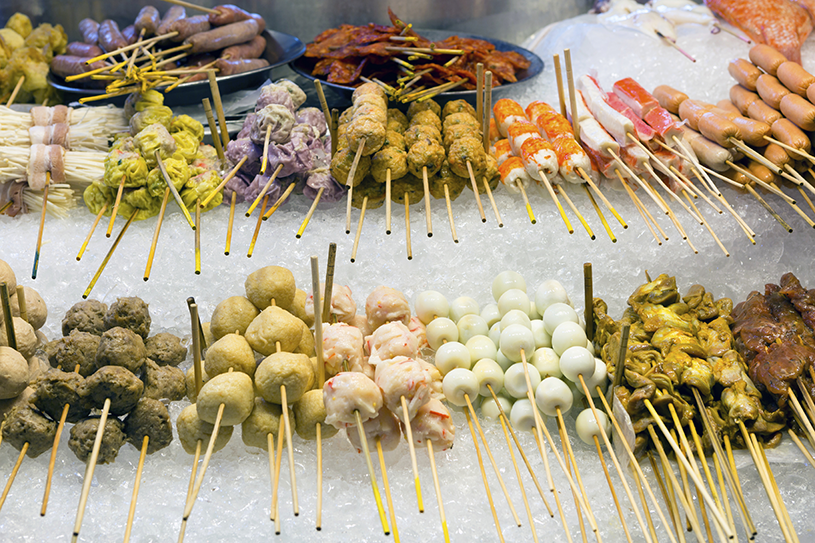Over 8.2 million Australians travel overseas each year. Your chance of getting food poisoning greatly increases when you travel overseas. Especially if you are going to countries where hygiene is not as effective as, or practised as expected, in Australia. When travelling we can also get exposed to food safety hazards such as bacteria, viruses and parasites that we may not be used to.
Here are some simple tips so that your trip, whether it is for business or pleasure, doesn’t get spoilt by food poisoning.
Handwashing
Always wash your hands with soap and running water and dry thoroughly before eating. Check out how to wash your hands. Remember that bacteria can be carried to the mouth on hands so avoid putting contaminated fingers and thumbs in your mouth. You may wish to take the extra precaution of using disposable wipes or alcohol-based gels if clean water is not available.
Drinks
You can drink:
- Boiled water is safe. Bringing it to a rolling boil (where you can see large bubbles) will kill most organisms. Don’t cool the water with ice cubes as they can be contaminated.
- Bottled water from a reliable source is usually safe but do check that the seal is unbroken, as refills from the tap are not unknown. Don’t leave opened bottles without tops around as they may get contaminated.
- Purified water. Modern water purifiers are transportable and very effective. Used correctly, they will reduce any organic material and organisms from water and render it about as safe as you can possibly get.
- Chemically disinfected water. The simplest way to do this is to use iodine-based, drinking water tablets, which are added to water before drinking. The instructions must be followed correctly. You cannot rely on these to work if the water is cloudy or contaminated with organic material such as leafy matter or soil. Only a water purifier could render such water drinkable.
- Cans of soft drink. But make sure your drinks are not served with ice unless you can guarantee the ice is made from safe bottled water (and no, the alcohol will not kill all the germs in the ice!)
Do not drink:
- Any other water. Presume all other sources of water are contaminated. This includes brushing the teeth. Use bottled water for this.
- Drinks with ice. Freezing water preserves the germs; it does not kill them.
Food
Remember: Cook it, peel it or forget it!
Do not eat:
- Uncooked or undercooked food.
- Salads or un-peelable fruit and vegetables.
- Ice cream.
- Unpasteurised dairy products (don’t assume milk and cheese is pasteurised).
- Raw seafood.
- Raw or undercooked eggs.
- Food that has been left around exposed to flies.
- Dishes requiring a lot of food handling to prepare.
To eat safer food look for:
- Freshly cooked (fried, boiled, steamed) food.
- Peelable fruits that you have peeled yourself eg bananas, citrus fruits.
- Food of acceptable brands in cans or sealed packs.
- Clean plates with clean cutlery (consider taking your own cutlery).
- Food prepared and cooked safely by you.
For more information on travelling food safety see:
The Travel Doctor’s website
The Department of Foreign Affairs and Trade’s Smarttraveller website
The WHO Guide on Safe Food for Travellers[/gdlr_tab]


